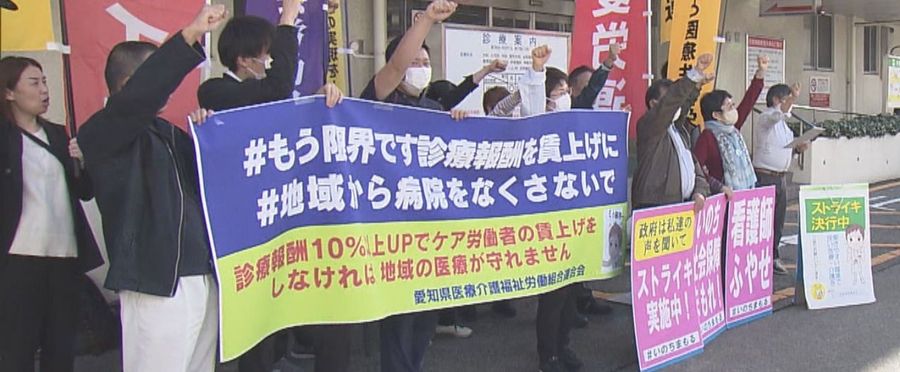Almost 70% of hospitals across Japan are facing a financial shortfall according to recent reports, highlighting the significant hardships within the country's healthcare system. Factors contributing to this distressing situation include an aging population, the high cost of advanced medical equipment, and stagnant reimbursement rates for medical services. The specific breakdown of these deficits and potential solutions are still under investigation.
Japan's healthcare system is under strain as increased medical costs due to a rapidly aging population and the rising expense of medical technology have outpaced reimbursements. In Japan, hospitals are embroidered in the societal fabric as they provide not only acute care, but also long-term care, especially for the elderly. Thus, the economic struggle faced by hospitals nationwide greatly concerns both public and policy makers.
Unlike in Japan, the U.S primarily relies on a healthcare system funded by private insurance, supplemented by government programs for certain populations. Therefore, situations leading to national hospital deficits are handled differently, often involving private sector and insurance companies. Meanwhile, EU member states traditionally have more publicly funded healthcare systems, where such deficits may lead to public debates about budget priorities and possibly higher taxes.

